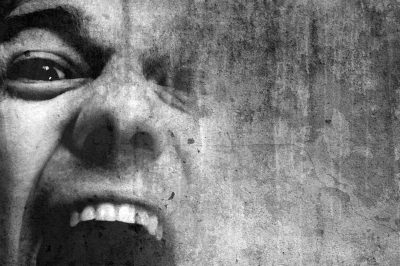 To be involved in a barroom brawl it was once customary to walk or drive to a bar, punch or shoulder someone, or say something unspeakably rude about another person’s mother. What ensued was a bloody, brutal mess, which typically ended in arrests and property damage. They were events marked by raw emotion. They were devoid of reason. And they focused on doing the most damage possible in the limited time available. I’ve never been in one, but that is my impression of them, gleaned from literature, movies and the news.
To be involved in a barroom brawl it was once customary to walk or drive to a bar, punch or shoulder someone, or say something unspeakably rude about another person’s mother. What ensued was a bloody, brutal mess, which typically ended in arrests and property damage. They were events marked by raw emotion. They were devoid of reason. And they focused on doing the most damage possible in the limited time available. I’ve never been in one, but that is my impression of them, gleaned from literature, movies and the news.
Social media has democratized the bar fight by making it immediately accessible, by eliminating the height and weight requirements, and by factoring out property damage and the police. It has even eliminated the embarrassment of being caught in “one of those places.” But such exchanges are no less ugly or vulgar. And the raw emotion and absence of reason are often on display.
Because these new barroom brawls are largely protected by the first amendment, it can’t be said that they are “wrong” or “impermissible,” but that does not mean that they do not damage our democracy. They coarsen public conversations. They trade in name-calling that harkens back to adolescence. They escalate, as the combatants look for sharper and more telling, shaming epithets. And they crowd conversation and reason to the margins of the national dialog. Worst of all, they flirt with the notion that we are not just making our opinion known, but that we might be creating an alternative space from which where the country can be governed apart from the one which the Constitution and Bill of Rights outlines.
As I said, it is hard to challenge the behavior that makes this last move possible, because much of it is protected speech. But as in bar fights, there is always a thin and fragile line between insults and the moment when the first punch is thrown. Already the animus on social media has begun to spill over into restaurants and has focused on the spouses and children of those who are enmeshed in public debates.
We can go down this road. But process and prudence — the charioteer of virtues — protects us all. And if we fail to heed the value of both when the democratic process does not yield the result we prefer, then there will be no reason to expect others to heed them when we are the ones whose preferences prevail.
And on the other side of that barroom brawl lies anarchy.












